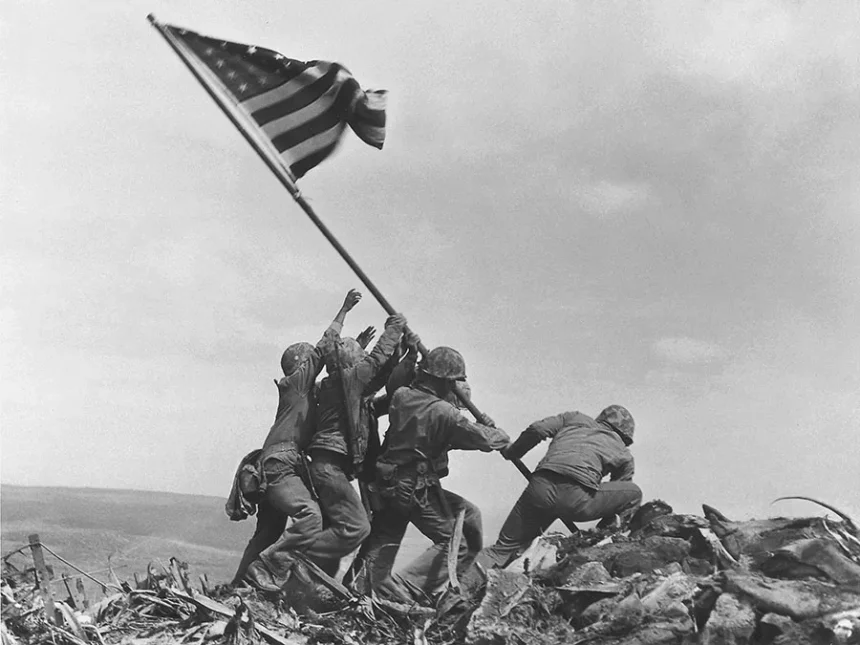Introduction
World War II, one of the most cataclysmic events in human history, unfolded from 1939 to 1945, reshaping the world’s political, social, and economic landscapes. It was a global conflict that involved numerous countries and alliances, resulting in unprecedented destruction and loss of life. In this article, we will explore the origins of World War II, key events, and the far-reaching consequences of this transformative war.
Origins of World War II
The roots of World War II can be traced to several factors:
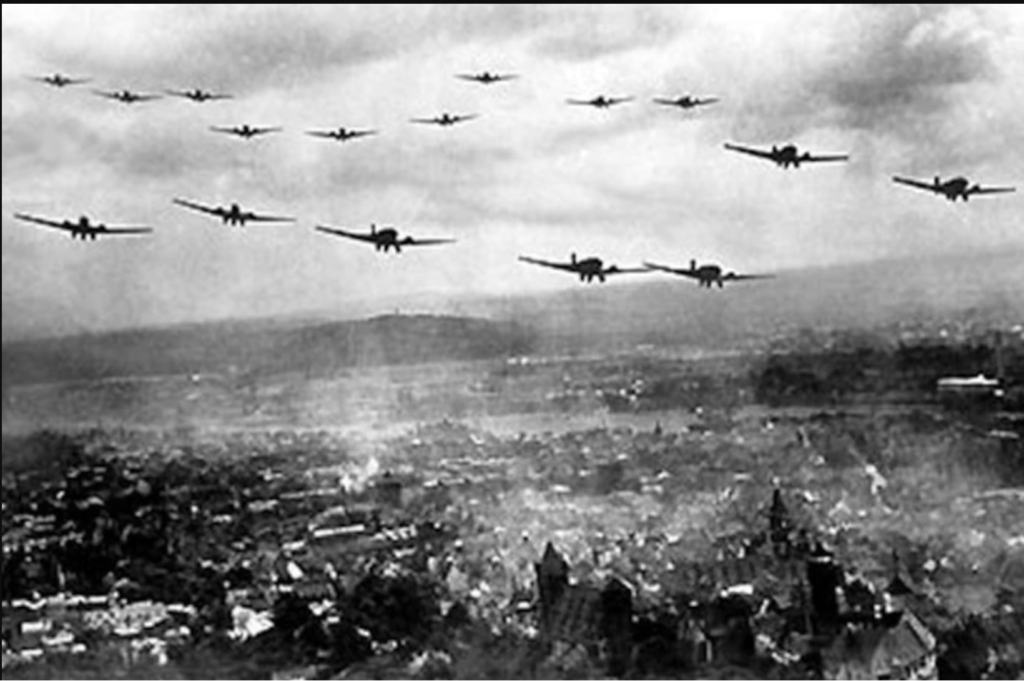
- Treaty of Versailles: The punitive terms imposed on Germany after World War I, as outlined in the Treaty of Versailles, contributed to economic hardship and discontent, paving the way for Adolf Hitler’s rise to power.
- Expansionist Ambitions: Aggressive expansionist policies pursued by Nazi Germany and Imperial Japan aimed to redraw borders and extend their territories.
- Appeasement Policies: The appeasement policies of Western powers, such as Britain and France, aimed to avoid conflict by accommodating the expansionist demands of Germany and Japan. However, these policies failed to prevent war.
Also read: World War I: The Conflict That Redefined The World
Key Events of World War II
World War II was marked by a series of significant events:
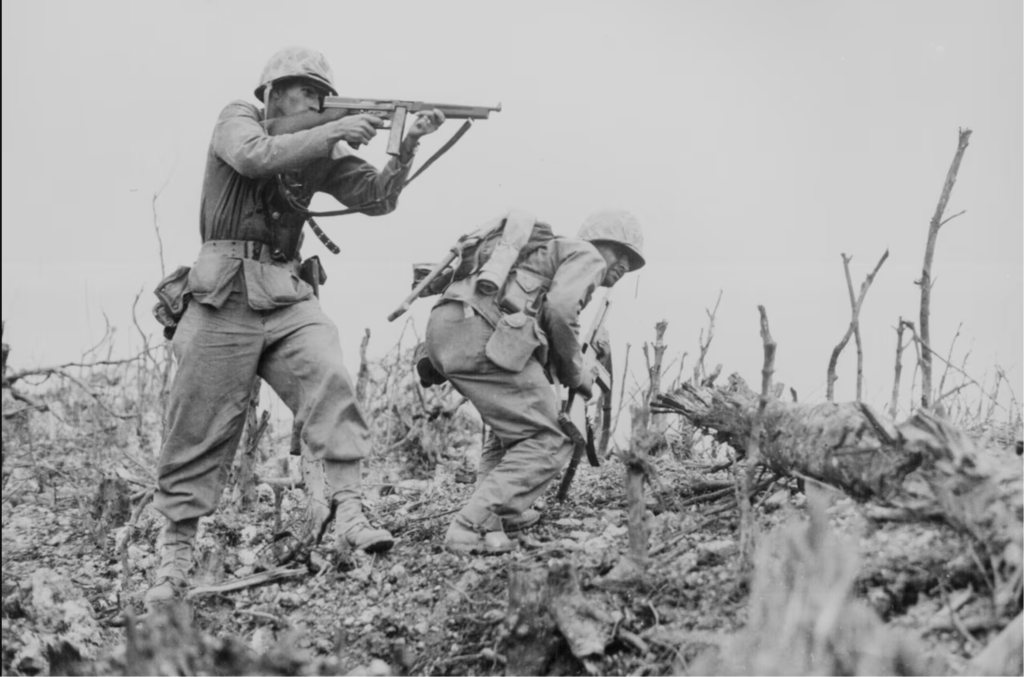
- Invasion of Poland: On September 1, 1939, Germany invaded Poland, prompting Britain and France to declare war, thus officially starting the war.
- Blitzkrieg: The lightning-fast German military strategy known as Blitzkrieg led to the swift conquest of several European countries.
- Pearl Harbor: On December 7, 1941, Japan launched a surprise attack on the U.S. Pacific Fleet at Pearl Harbor, drawing the United States into the war.
- D-Day: The Allied forces launched Operation Overlord on June 6, 1944, with the D-Day landings in Normandy, France, marking the beginning of the liberation of Western Europe from Nazi occupation.
- Atomic Bombs: In August 1945, the United States dropped atomic bombs on the Japanese cities of Hiroshima and Nagasaki, leading to Japan’s surrender.
Consequences of World War II
World War II had far-reaching consequences:
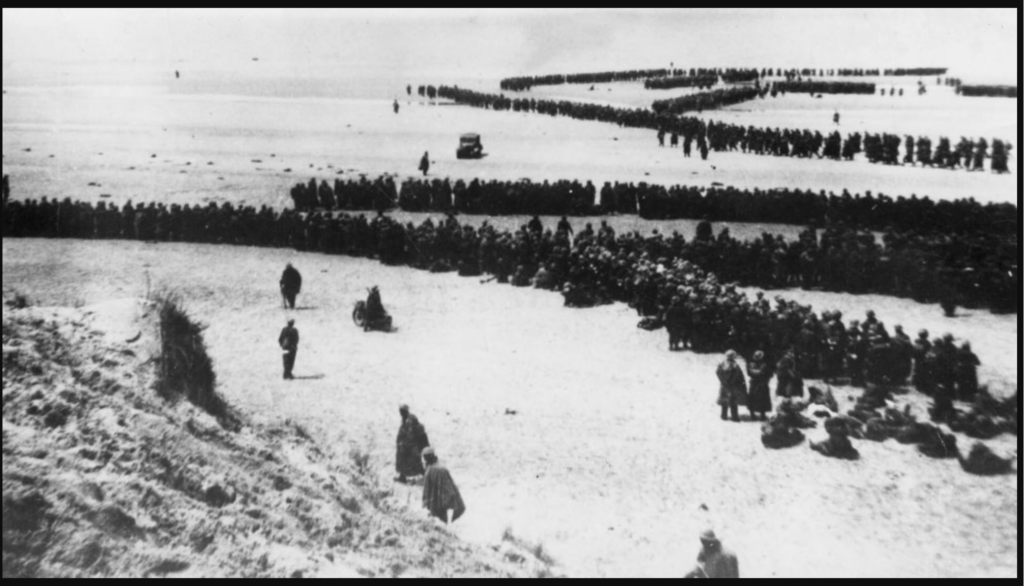
- Human Toll: The war resulted in an estimated 70-85 million casualties, including military and civilian deaths, making it the deadliest conflict in history.
- War Crimes and Holocaust: The war exposed the horrors of war crimes, including the Holocaust, in which millions of Jews and other minority groups were systematically murdered.
- New World Order: The war led to the creation of the United Nations, aimed at preventing future conflicts and fostering international cooperation.
- Decolonization: The war hastened the process of decolonization as European empires weakened and colonial territories sought independence.
- Cold War: The ideological and political tensions between the United States and the Soviet Union gave rise to the Cold War, shaping global politics for decades.
Liberation and the Aftermath
As Allied forces advanced through Europe and the Pacific, they liberated territories from Axis occupation. The liberation of concentration camps and the full extent of Nazi atrocities were exposed to the world, leading to the Nuremberg Trials to hold Nazi leaders accountable for war crimes. In the Pacific, the liberation of countries like the Philippines and Guam marked the end of Japanese oppression.
The Dawn of the Nuclear Age
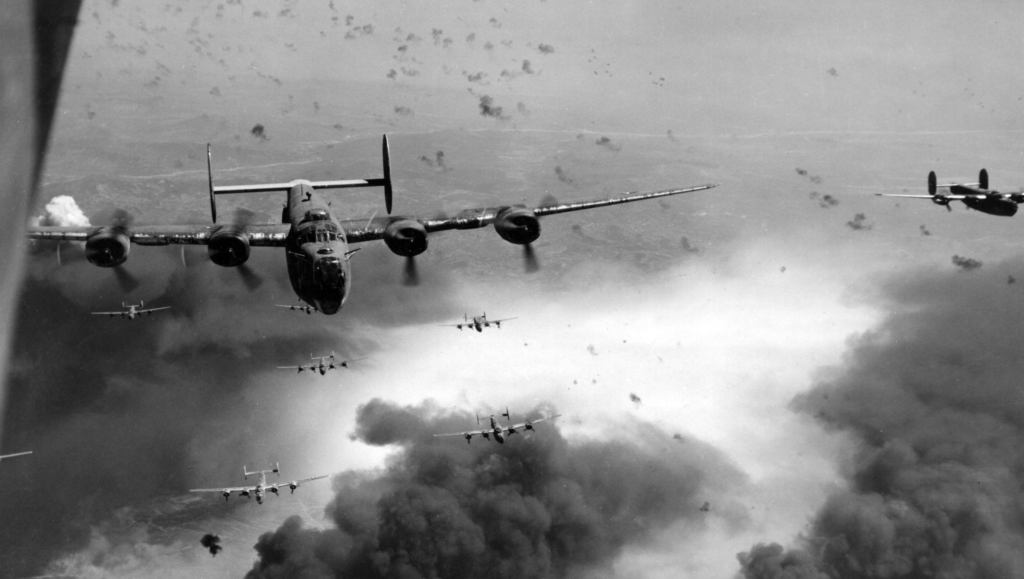
The conclusion of World War II brought with it the dawn of the nuclear age. The United States’ use of atomic bombs on Hiroshima and Nagasaki not only hastened Japan’s surrender but also introduced the world to the terrifying power of nuclear weapons. This event had profound implications for the ongoing Cold War between the United States and the Soviet Union, as both superpowers engaged in a nuclear arms race.
The Establishment of the United Nations
In an effort to prevent future global conflicts, the United Nations was established in 1945. This international organization aimed to promote peace, security, and cooperation among nations. The United Nations replaced the ineffective League of Nations and became a crucial forum for diplomacy and conflict resolution.
The Cold War and the Division of Europe
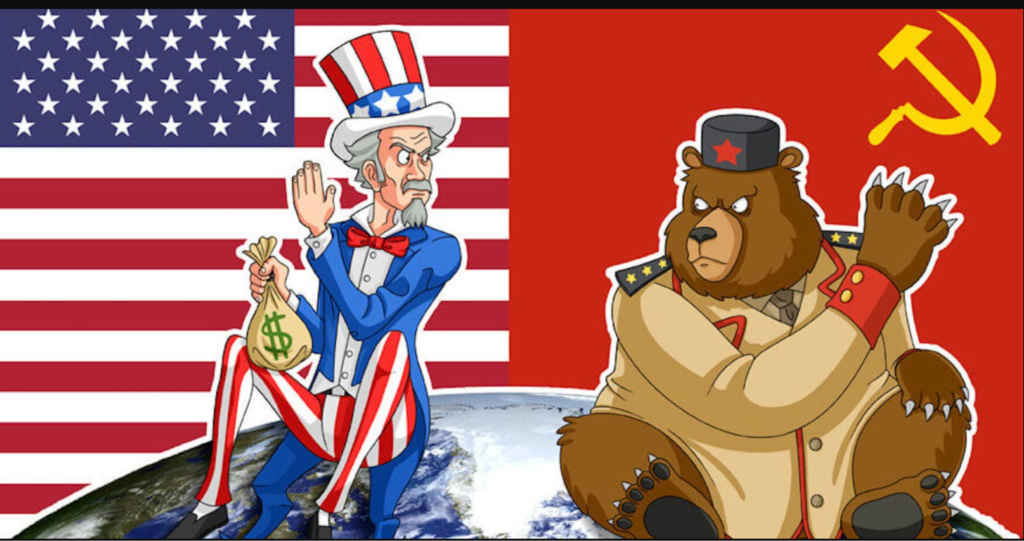
The aftermath of World War II saw the emergence of the Cold War, characterized by the ideological and political rivalry between the United States and the Soviet Union. Europe became divided into East and West, with the Eastern Bloc, led by the Soviet Union, and the Western Bloc, led by the United States. This division had far-reaching consequences, including the Berlin Wall and the Cuban Missile Crisis.
Rebuilding and Recovery
In the wake of the war’s devastation, countries embarked on the arduous task of rebuilding their economies and societies. The Marshall Plan, initiated by the United States, provided economic aid to help Europe recover. Japan, too, underwent a period of reconstruction and transformation, eventually becoming an economic powerhouse.
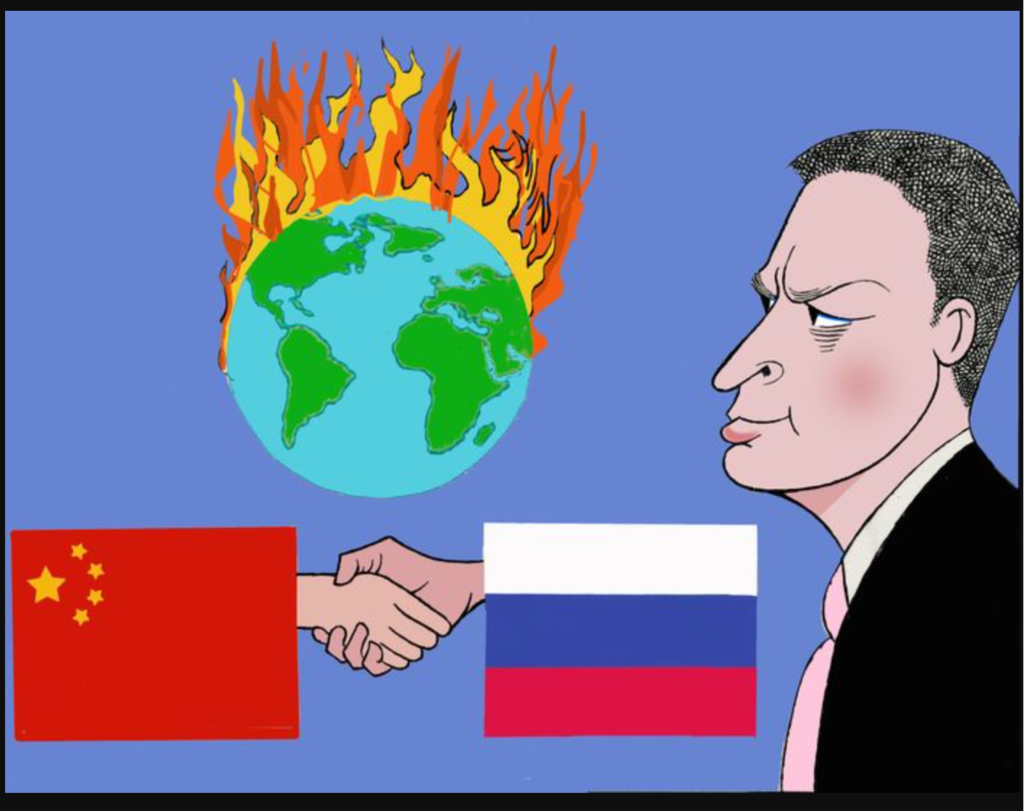
Conclusion
World War II, a global conflict that reshaped the world, left a profound impact on the 20th century. Its causes, events, and consequences continue to shape the world we live in today. As we commemorate the end of World War II and reflect on its legacy, it serves as a poignant reminder of the importance of international cooperation, diplomacy, and the pursuit of peace. The lessons learned from this war remain vital in our ongoing efforts to build a more peaceful and just world.
FAQ: World War II
1. What were the main Axis and Allied powers in World War II?
The main Axis powers included Nazi Germany, Imperial Japan, and Italy. The major Allied powers were the United States, the Soviet Union, the United Kingdom, and China, with numerous other nations joining the Allies during the course of the war.
2. What role did the Holocaust play in World War II?
The Holocaust was the systematic genocide of around six million Jews and millions of other minority groups by Nazi Germany during World War II. It was a heinous crime against humanity and played a significant role in shaping post-war international efforts to ensure justice and prevent such atrocities in the future.
3. How did World War II impact the global economy?
World War II had a profound impact on the global economy. It stimulated industrial production and economic recovery in many countries, particularly the United States. The war also laid the foundation for the economic and political rivalry of the Cold War.
4. How did the use of atomic bombs in Hiroshima and Nagasaki affect the post-war world?
The use of atomic bombs in Hiroshima and Nagasaki had a profound impact on the post-war world. It led to Japan’s surrender and the end of World War II but also ushered in the nuclear age, with long-lasting implications for international relations and the arms race between the United States and the Soviet Union.
5. What was the role of the United Nations in the post-war world?
The United Nations was established in 1945 to promote peace, security, and international cooperation. It replaced the League of Nations and became a vital forum for diplomacy and conflict resolution. The United Nations played a crucial role in maintaining global stability and addressing humanitarian issues.
6. How did the Cold War develop after World War II?
The Cold War was characterized by the rivalry between the United States and the Soviet Union. It emerged from ideological and political differences and led to the division of Europe into Eastern and Western Blocs. The Cold War dominated international relations for decades and had far-reaching consequences, including the arms race and regional conflicts.
7. How did World War II impact the role of women in society?
World War II had a significant impact on the role of women in society. Many women took on new responsibilities and entered the workforce, contributing to the women’s rights movement. Their wartime contributions paved the way for greater gender equality in many countries.
8. What lessons can be drawn from World War II today?
World War II serves as a powerful reminder of the catastrophic consequences of global conflict. It underscores the importance of diplomacy, cooperation, and the pursuit of peaceful solutions to international disputes. The lessons learned from this war remain relevant in shaping foreign policy and preventing future conflicts.
Also read: Donald j Trump’s Fundraising: The Political And Financial Influence







